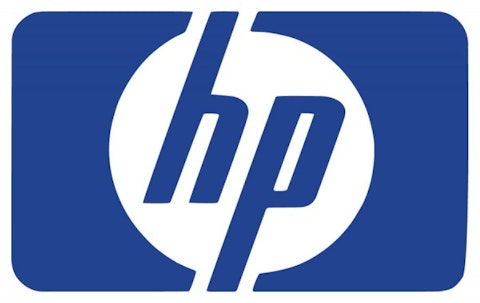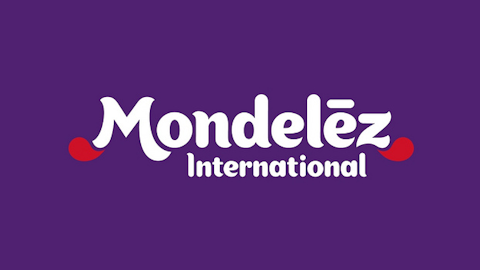The Dow Jones Industrial Average (INDEXDJX:.DJI) is a tremendously exclusive club. The shortlist of 30 elite members is meant to reflect “the leading companies in the industries driving the U.S. stock market,” and it typically represents about 25% to 30% of the American stock market’s total market value. The components should be “leaders in their industries” with broad investor appeal and “long records of sustained growth.” In short, these are 30 of the best stocks available anywhere.
But nothing lasts forever. Dow Jones Industrial Average (INDEXDJX:.DJI) changes are rare but not unheard of. A falling share price is not reason enough to get kicked off the Dow Jones Industrial Average (INDEXDJX:.DJI), nor will a company get the boot for breaking the streak of sustained growth that got its foot in the door. Bad things happen to good companies, and the Dow Jones Industrial Average (INDEXDJX:.DJI) will not panic needlessly. The index’s managers like to keep member changes down to massive fundamental changes such as bankruptcies, buyouts, or changes in a component’s core business.
With these criteria in mind, let’s look at one Dow Jones Industrial Average (INDEXDJX:.DJI) stock that might be on the bubble for replacement. Is this truly one of the best stocks in its operating sector anymore?
To my mind, the most questionable Dow member today is Hewlett-Packard Company (NYSE:HPQ). If a changing core business is the main criterion for exclusion from the Dow, then HP most certainly qualifies.
The Silicon Valley veteran used to be the world’s largest maker of PC systems by a wide margin, as well as a major player in enterprise-class servers. The swift rise of tablets and smartphones undermined Hewlett-Packard Company (NYSE:HPQ)’s PC business at an extremely unfortunate time, as the company was also going through high-level management changes during the first years of the mobile revolution. Now HP’s PC sales are dropping faster than the troubled overall market, and Lenovo threatens HP’s sales throne.
Hewlett-Packard Company (NYSE:HPQ) is holding up better in the server market, but that’s hardly enough to balance out the PC weakness. HP’s enterprise divisions are also shrinking in a cloud of evaporating synergies. In fact, every division within the company is on the fritz.
Outsiders (including yours truly) are calling for a breakup into smaller but nimbler businesses. CEO Meg Whitman has been staving off the idea with a six-foot stick, but her hand may be forced if this sad state of affairs continues. The current strategy of chasing every end market with equal fervor is unlikely to pay off. A leaner, meaner HP with far tighter focus would do much better. Two or more independent operators would be even stronger, taken as a group.
Like Kraft Foods Group Inc (NASDAQ:KRFT) before it, a broken-up HP would almost certainly have to be replaced on the Dow. Neither Kraft nor its snack-food spinoff Mondelez International Inc (NASDAQ:MDLZ) has the monolithic heft that kept the old Kraft Foods Group Inc (NASDAQ:KRFT) on the Dow, nor the sustained growth that might have qualified one section to qualify on its own. Both stocks are doing fine after the split — Kraft Foods Group Inc (NASDAQ:KRFT) is up a market-beating 14.7%, while Mondelez International Inc (NASDAQ:MDLZ) has risen a modest 3.5% — but neither one makes a serious case for individual Dow Jones Industrial Average (INDEXDJX:.DJI) membership.
This is exactly the future I see coming for HP. By choice or by force, the company will likely break up in the next couple of years. When that happens, HP’s Dow days will be over. The enterprise half of HP just might stand a chance of membership on its own, but even that idea seems a stretch.
The article Is This Dow Ticker One of the Best Stocks for Long-term Investors? originally appeared on Fool.com is written by Anders Bylund.
Fool contributor Anders Bylund holds no position in any company mentioned. Check out Anders’ bio and holdings or follow him on Twitter and Google+. The Motley Fool has a disclosure policy. We Fools may not all hold the same opinions, but we all believe that considering a diverse range of insights makes us better investors.
Copyright © 1995 – 2013 The Motley Fool, LLC. All rights reserved. The Motley Fool has a disclosure policy.






